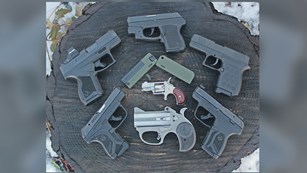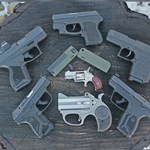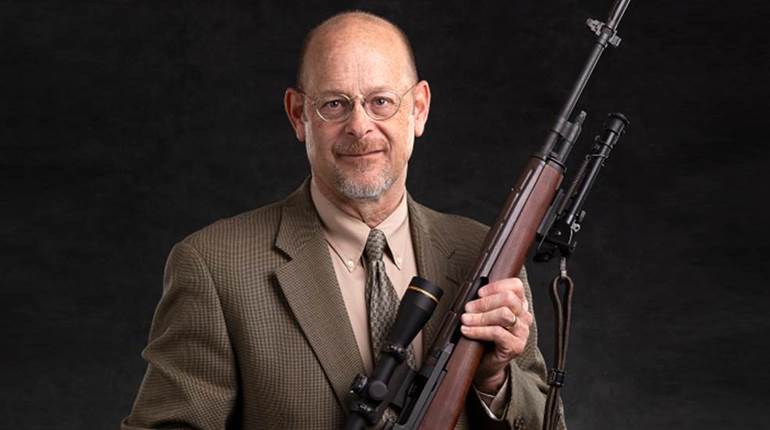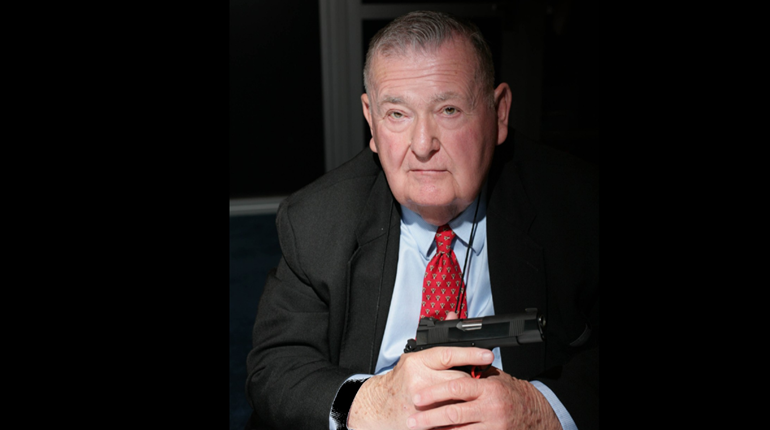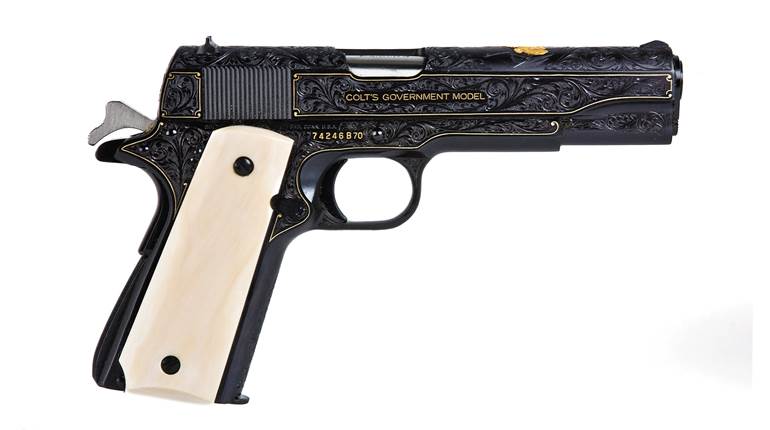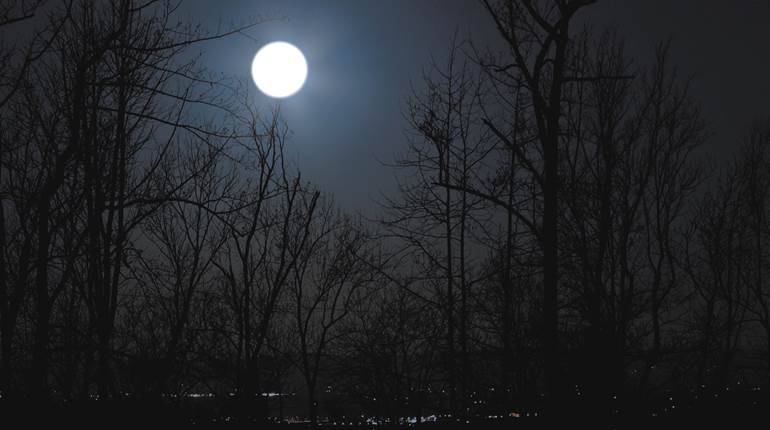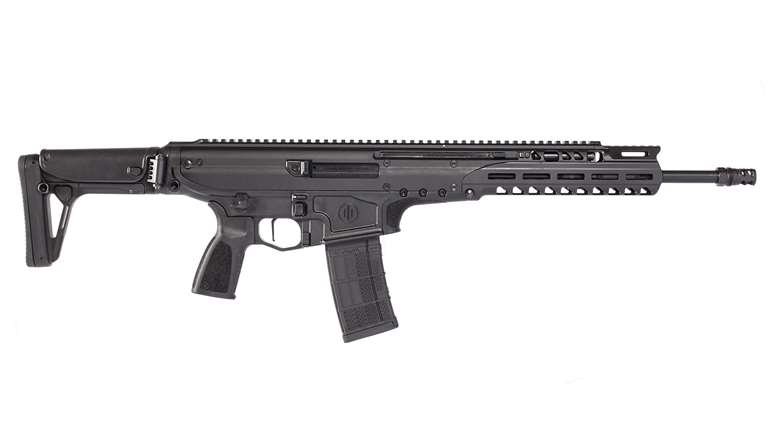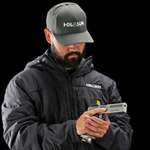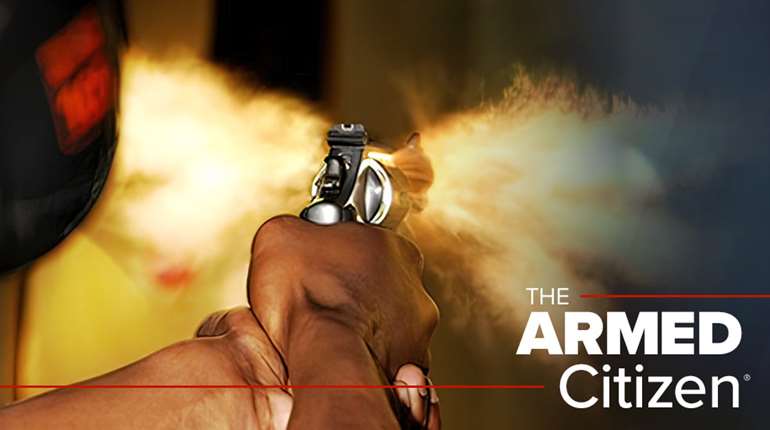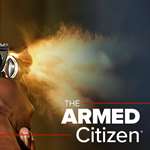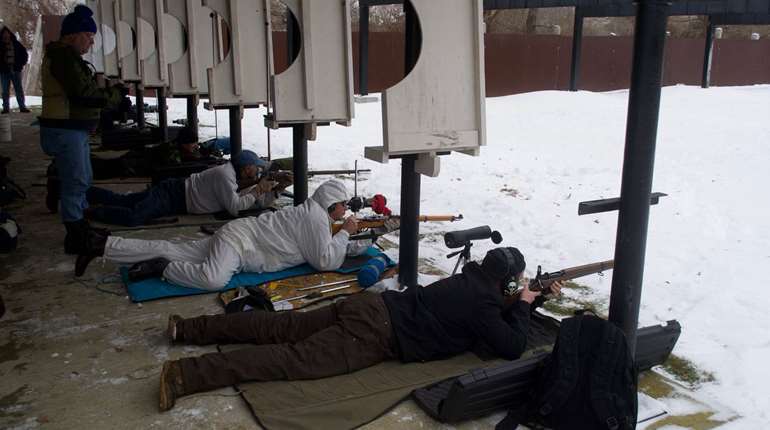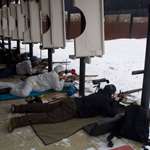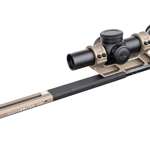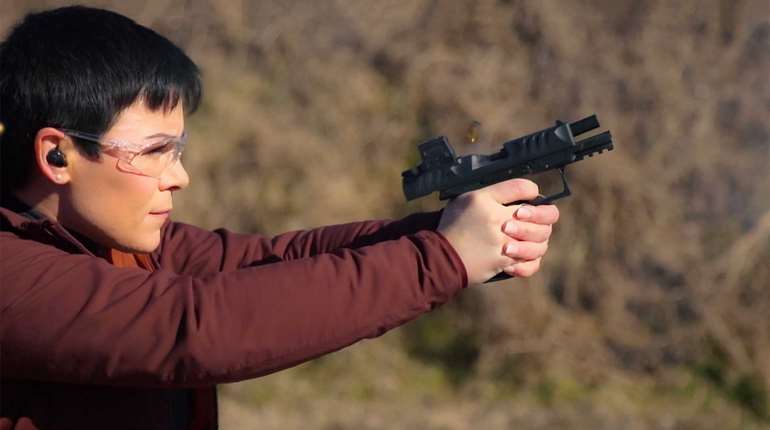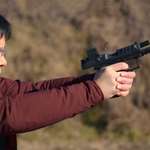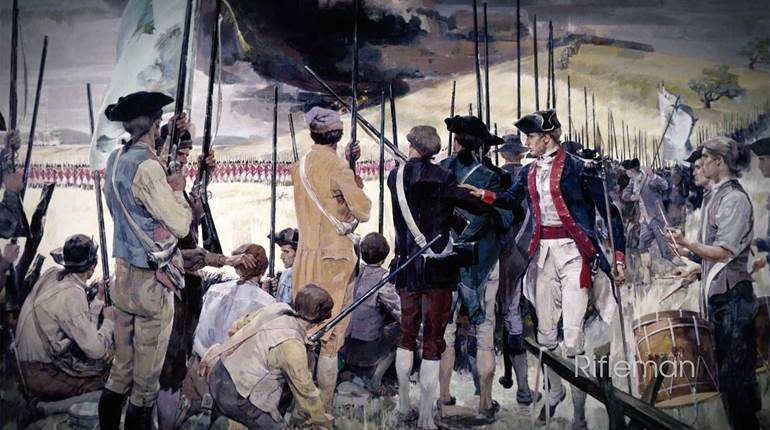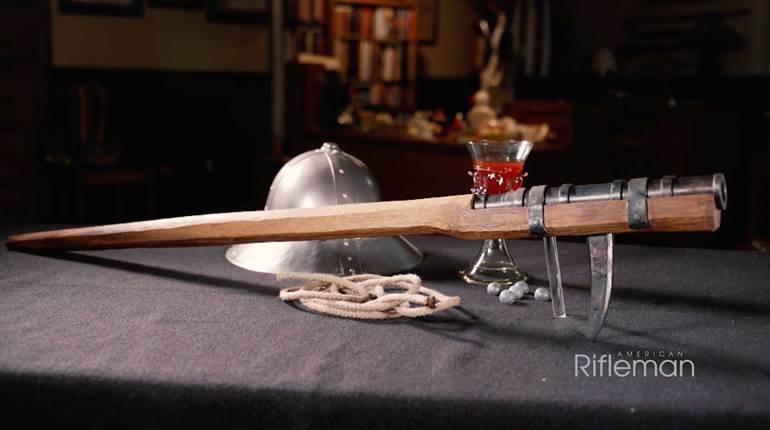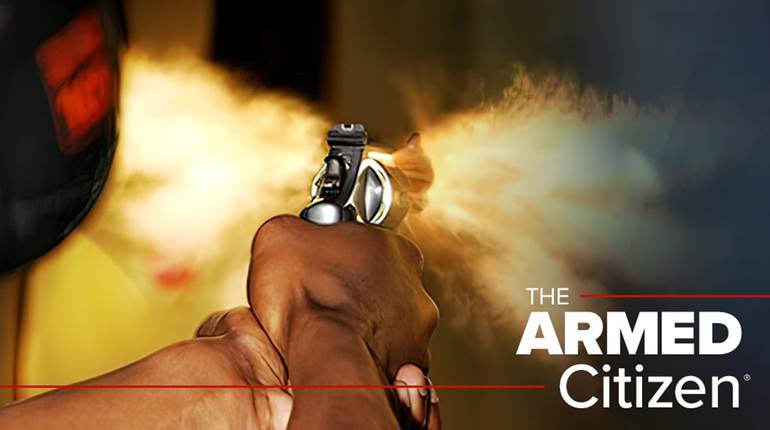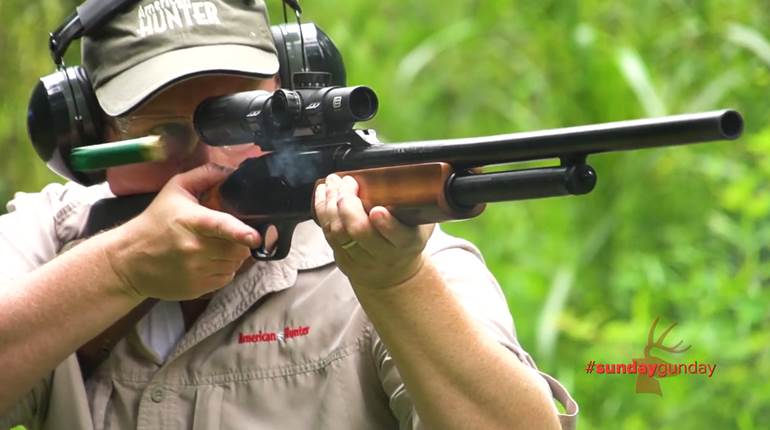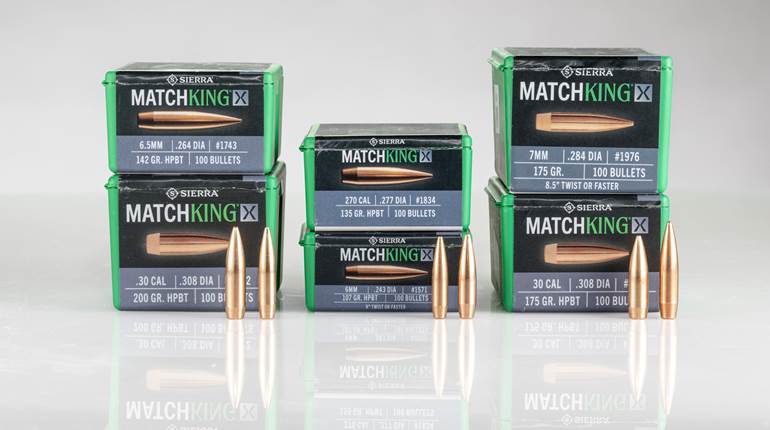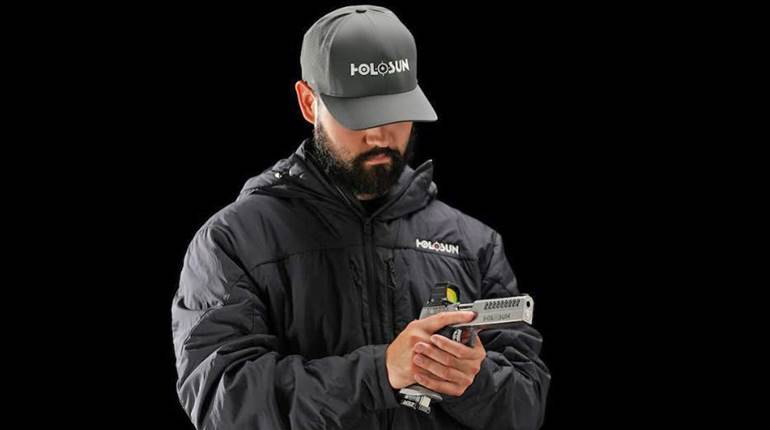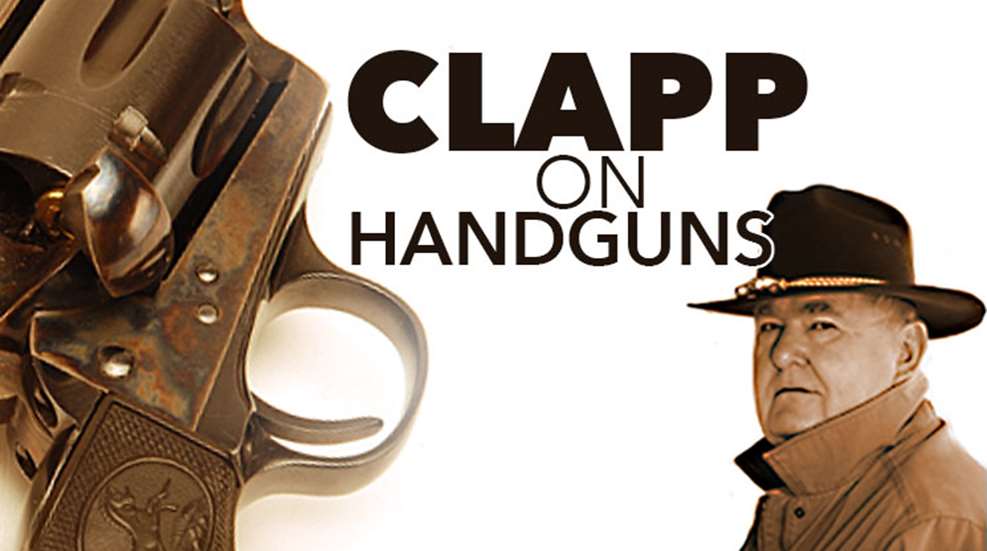
Not too many years ago, the Spanish arms industry was alive and producing guns in quantity, particularly with handguns. Like any product-driven industry, the Spanish companies made pistols and revolvers designed to sell at many price points. The best of these guns, particularly the automatic pistols, were fully competitive with other European designs. Then, almost overnight, and for reasons unknown to me, everything stopped. There were different companies producing firearms in the post-war era, but most of the well-made pistols came from one of three companies—Llama, Astra and Star. Look through any decent handgun encyclopedia and you will find many of the Spanish guns that bear a strong resemblance to the Colt 1911 pistol. This is particularly true of the 9 mm Luger Star Model B.
Model B pistols are an advanced form of the Modelo Militar that dates to the World War I era that were made until the 1970s. The pure Model B is a full-size service auto that is so like the 1911A1 as to confuse all but the most astute observer, as it is an all-steel pistol, beautifully machined from forgings. Hollywood prop men had an obvious need for 1911 pistols modified to shoot blanks and real 1911 45s were expensive and hard to functionally modify. However, the Model B looked enough like the 1911, to get by and it was easy to modify to shoot 9 mm blanks. A key to telling the difference between the two is the Star’s visible external extractor as opposed to the unseen internal one on the genuine Colt product. Try to spot them in the next war flick you watch.
Of course, Model B Stars were also used by armies and police agencies all over the world. In the 1970s, several new variations of the gun came along, including an abbreviated 9 mm for concealed carry. This gun came in both all-steel and alloy-frame versions and enjoyed a steady popularity in the United States. The most popular Star ever was the PD, which was a mid-size .45 ACP with an allow receiver. I carried one as a off-duty gun for a time and found it to be a handy and powerful gun. In the years just before all production ceased, Star made a series of modern DA/SA pistols that worked well. This included a massive double-wide service auto called the MegaStar, one of the few portable autos that managed the 10 mm cartridge well. At its best, the Spanish pistol makers in general and Star in particular made some fine firearms.





